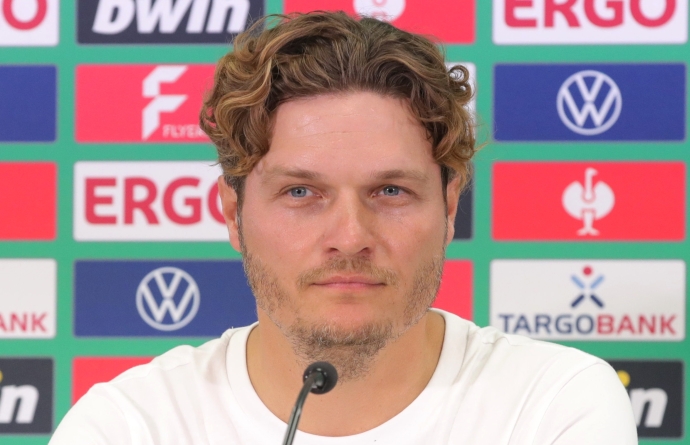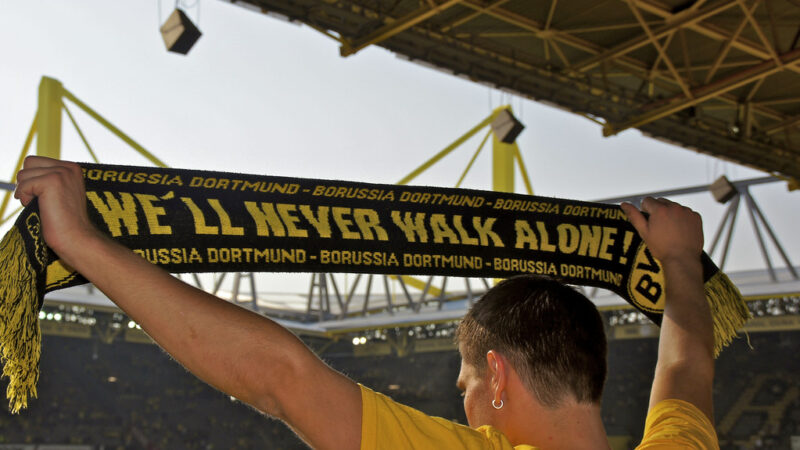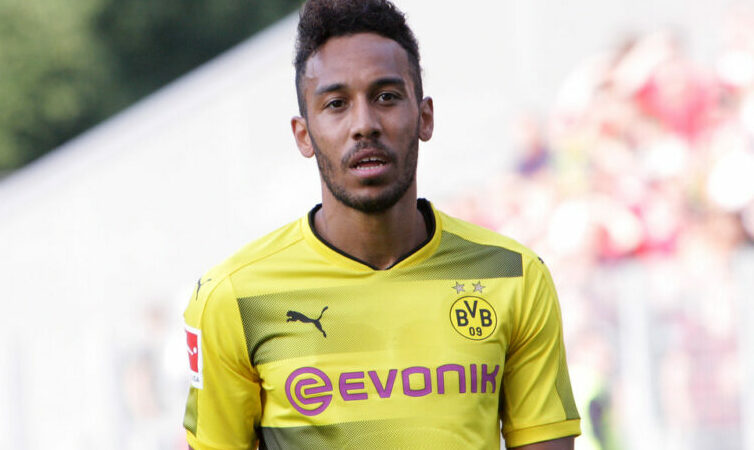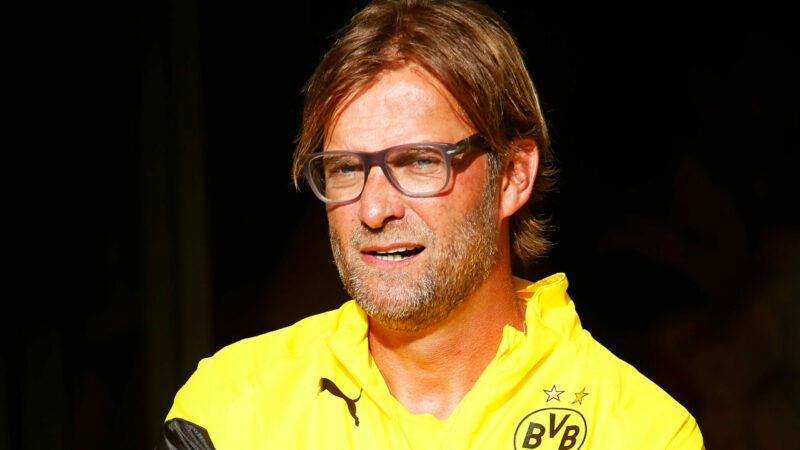How significant has spending power been in the Bundesliga?

In today’s day and age of billionaire owners, corporate sponsorship and television deals, there is undoubtedly a correlation between spending power and success. Manchester City are a prime example of a side who have risen to prominence with superlatives never far away when describing their fortunes. The Bundesliga is no different when examining who has spent what.
Despite losing 2-1 to Leipzig – the first time they had lost to them in their existence – Bayern Munich are still a substantial 17 points clear at the top of the table. Such dominance comes at a price with Bayern being the highest spenders this season.
The league-leaders have made expenditures in excess of 116 million euros. Capturing 22 year-old central-midfielder, Corentin Tolisso, was the most significant contribution to that overall sum, with the French international arriving for 41 and a half million euros.
This is not to say that such additions won Bayern the title because they already had a solid foundation of players in place, as proven by the fact they are set to lift their sixth successive Bundesliga title.
Robert Lewandowski, for example, is probably the most valuable player in the league, with Real Madrid being rumoured to make a move for the Polish striker. He did not cost them anything when he arrived. For a player of his ability, this was an absolute steal for a team who unquestionably have the allure to bring top players to their club.
Bayern will make a significant profit if they do sell their prized asset since he moved for a free transfer from Dortmund back in 2014. However, with his contract at the Allianz Arena set to expire in 2019, it could be a case of déjà vu if he was to leave on a free again.
With only 33 and a half million euros of income in terms of transfer funds this season, Jupp Heynckes’ side lost nearly 83 million euros worth in the transfer market. Lewandowski’s sale would certainly make up for this burden, yet if they had their way, he would be going nowhere. Real Madrid are another club whose allure would be very difficult to resist however.
With regards to the rest of the league, Dortmund are the only team who have competed with Bayern in terms of spending power. The Black and Yellows also find themselves in the top four, which would subsequently be rewarded with the riches on offer through Champions League football. However, Dortmund’s spending could not prevent Peter Bosz from losing his job in December after a torrid run of form.
Schalke sit in second place, and they have spent half of what Dortmund have done this season, proving that money is not everything in football. A settled line-up as well as team chemistry and morale are often just as vital. Money cannot always buy that, although players are likely to be more satisfied if they are on the healthiest salary possible.
Wolfsburg are another example of how spending power does not necessarily equate to success when looking at this season in isolation. Having spent the third highest amount in the division, Bruno Labbadia’s side find themselves way down the table in 15th. Just short of 68 million euros has been spent on the likes of John Anthony Brooks and Ignacio Camacho.
To put this in context, Freiburg-five points above Wolfsburg-have spent roughly 50 million euros less, yet they have two more wins to their name this campaign.
Spending power therefore does not guarantee anything. However, it is extremely difficult to see teams such as Hannover and Mainz-who have both spent less than 20 million euros this season-being able to compete anywhere near Munich or Dortmund in terms of on-field success and final league positions. In this sense, it is an uneven playing field.
Not that this is unique to Germany anyway. It has become a matter of principle in the game as a whole.





